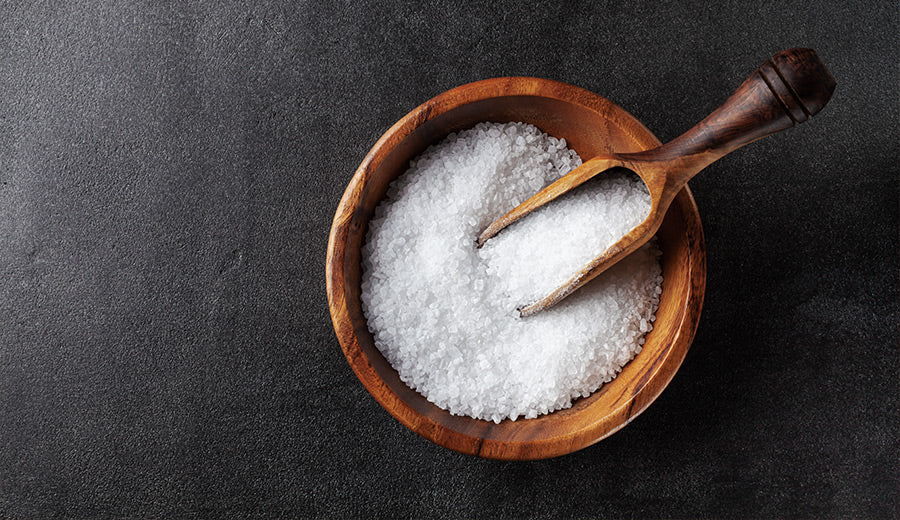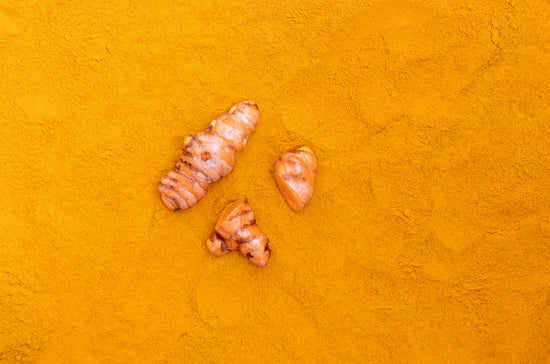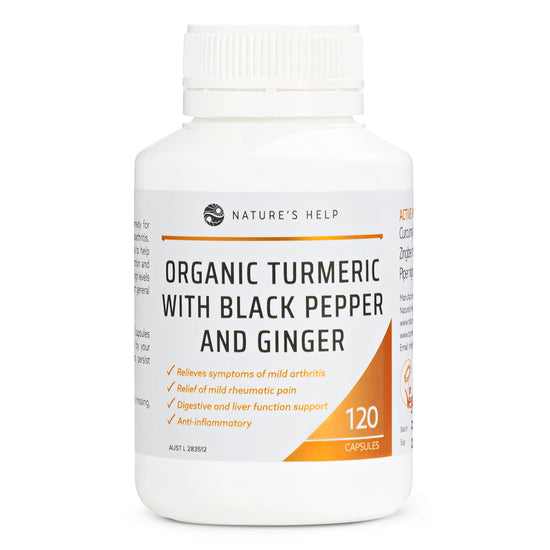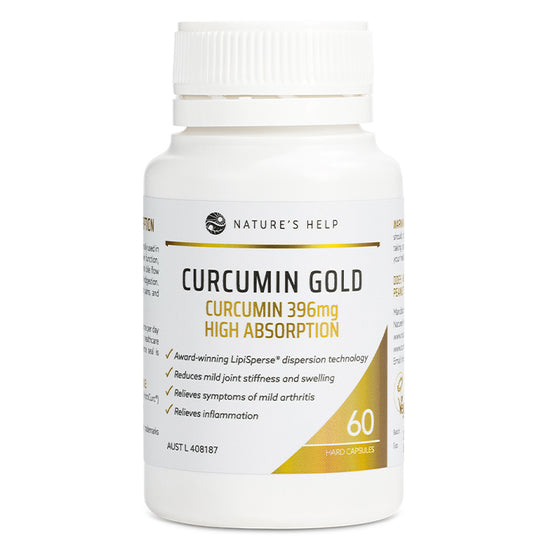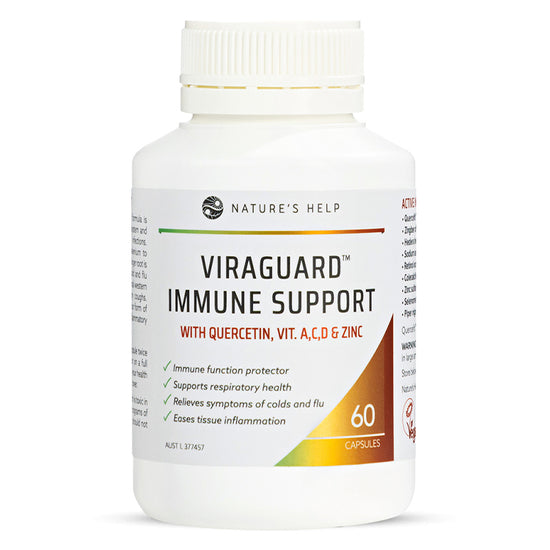In centuries past, salt was an extremely valuable commodity. Such was its value it was referred to as white gold. The salt dealer would drag his cart from castle to village to burghs selling the salt door-to-door. Medieval salt was produced by brine evaporation from seawater. The expression ‘not worth his salt’ came about from Greek slave traders bartering humans for salt. In ancient Rome, soldier’s salaries (salarium) were paid in salt. Early humans obtained salt from consuming animal meat.
In the 1924 it was recognised that humans had iodine deficiencies and thyroid issues. Authorities started adding iodine to factory processed salt to combat the deficiency. Most dietary iodine for humans comes from seafood, seaweed, and egg consumption, but early 20th C. diets were nutritionally poor.
Why was salt so valuable?
- Food preservation, especially fish and meat, required large amounts of salt.
- Prior to factory production, it was labour intensive to produce and harvest salt. A country’s entire economy could be based on manufacturing salt.
- Salt kills some types of bacteria. It is a process called osmosis, which involves sucking the water out of the bacteria.
- The human body cannot live without sodium. One of the first procedures you may receive in hospital will be an IV fluid drip to ensure your body maintains the correct sodium levels and remains hydrated.
What is the difference between salt and sodium?
The common distinction is that sodium is what is naturally found in food, but salt is what we add to food. Salt is the crystal-like chemical compound sodium chloride. Sodium is an essential mineral required for body functions that is in the salt.
An average adult human body contains about 250g of salt, with your body doing its normal checks and balances excreting excesses naturally. Enabling nerve impulses around the body, sodium is an electrolyte that couples with potassium, calcium, and magnesium to regulate water and cellular electrical charges. Typically, low blood pressure is an indicator of a need for salt. Lack of sodium leads to muscle cramps, confusion and vomiting, and severe salt loss eventually brings about shock and death.
High blood pressure is related to high consumption of sodium constantly straining your body’s systems. It will also cause increased production in your white blood cells, which in turn leads to a compromised immune system unable to fight bacteria and infections. Kidney damage, fluid retention and thickening blood vessel walls that make the heart pump harder are other low sodium dangers. With tissue inflammation, we highly recommend a daily intake of turmeric from Turmeric Australia.
Your extracellular fluid – body fluid that is not contained in cells – stores salt, as does your skin and muscles. Flush that excess alt from your body by drinking lots of water. Your kidneys have a vital role in flushing out toxins.
Packaged and processed foods should be avoided as this equates to high salt intake. Reduce your salt ingestion by eating fresh fruit and vegetables. Eat potassium foods like bananas and sweet potato, because potassium assists in countering the effects of sodium.
Most 60-year-olds will attest to rising in the middle of the night to pee. New research from The European Society of Urology shows that reducing salt in your diet reduces the frequency of night-time urination.
Research is ongoing comparing salts and their effects on the human body. The following are some conditions that may be attributed to correct sodium functions within your body.
- Cleanse plaque off blood vessel walls
- Balances blood pressure
- Removes excess sodium from your tissues.
- Potent anti-inflammatory properties reduce arthritis suffering
- Improves blood circulation
- Assists intestines in nutrient absorption
- Regulates cell water content
- Moderates’ electrolyte balance
- Prevents muscle cramping
- Supports thyroid function
- Makes correct amount of stomach acid
- Helps hormonal balance
To make sure your body performs optimally to maintain the correct balance of water and minerals, it is recommended that you consume about 500mg daily of sodium.


